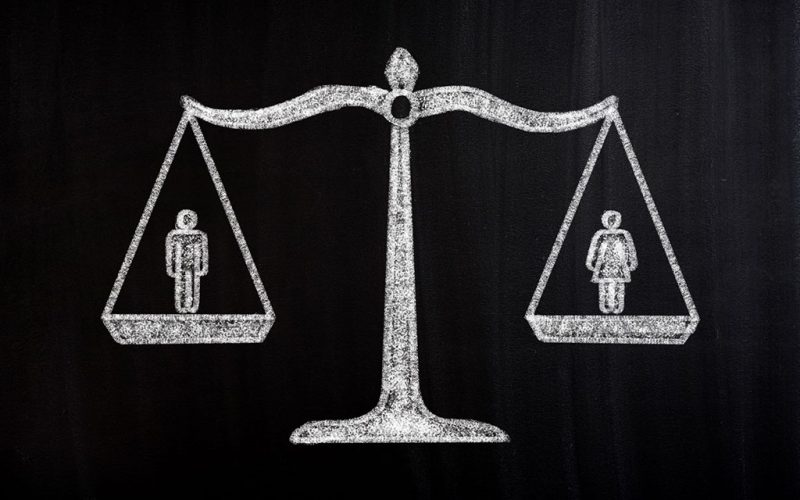Published on: December 3, 2020 at 3:21 PM
The Energy & Utilities Skills Partnership (EUSP) today announced the findings of the sector’s inaugural Inclusion Measurement Framework. 28 energy and utilities companies participated in the voluntary framework, delivered in partnership with The Equal Group.
The EUSP introduced a sector-wide Inclusion Commitment in 2019 which now has 45 sector organisations signed up to five key inclusion principles, one of which is a promise to measure and be transparent about progress with regard to diversity and inclusion in the EUSP’s organisations and as a sector. The measurement framework aligns with this inclusion commitment principle and offers a baseline measurement for ongoing progress reports.
Based on the Royal Academy of Engineering Measurement Framework, the initial focus of this new framework is on what the energy and utilities sector can measure now; including the protected characteristics of gender, age and ethnicity, examining these characteristics in relation to leadership and recruitment.
The Inclusion Commitment Measurement Framework identifies the data challenges the energy and utilities sector faces and confirms there is still much work to do to increase leadership diversity. Across the companies who participated, only 29% of leadership roles are held by women and only 4% of leaders identified as being from a black or minority ethnic background.
Results vary across the industries within the sector. Overall, 50% of leaders had inclusive behaviours as a formal required competence, although this dropped to 30% within the power companies that responded and rose to 84% within gas companies.
The results also showed a significant dilution of candidates from a black and minority ethnic background between the application stages of a job role and final recruitment (21% of applications versus 10% of those appointed). Almost 60% of the website visitors to the sector’s jobs platform, Energy & Utilities Jobs, are female, with the measurement framework results showing the sector’s challenge in converting this interest into job applications.
Colin Jellicoe, Group HRD at M Group Services and Chair of the Energy & Utilities Diversity & Inclusion Network Forum, said
“It is vital for us to measure progress in the sector, there is a real appetite for transparency and driving ongoing improvement. The Energy & Utilities Skills Partnership has taken the lead on this initiative and these results give us a foundation to build on in progressing our commitment to ensuring the sector is reflective of the communities its workforce serves.”
The energy and utilities sector is committed to action on diversity and inclusion, working together to share best practice and build on the great work already in progress. The energy and utilities companies are at the forefront of delivering the 10-point plan for a green industrial revolution to achieve net zero carbon targets in 2050. As a sector they are committed to attracting, recruiting and developing a diverse workforce to fulfil the green jobs being created.
The Inclusion Commitment continues to gain traction in the sector and welcomed its 44th and 45th signatories last month with the addition of MOSL and ESA.
